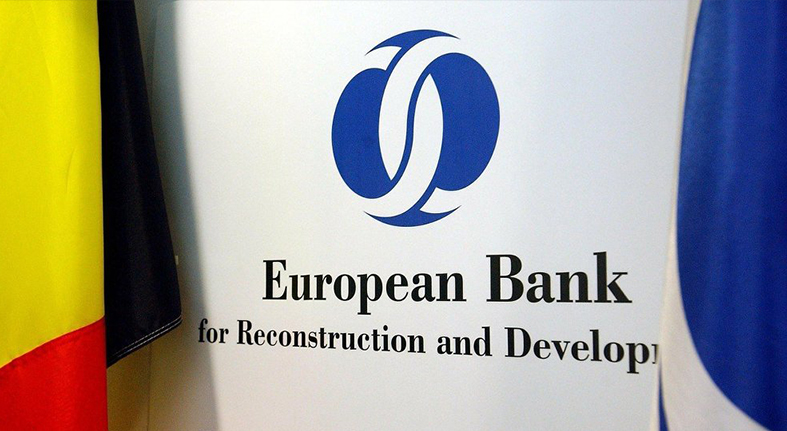Bank hopes to invest €650 million in country over next five years
The European Bank for Reconstruction and Development (EBRD) is committed to playing a key role in Tunisia’s economic development over the next five years and plans a significant upturn in financing including for infrastructure and energy projects.
The EBRD’s Vice President for Banking Alain Pilloux told a conference in Tunis that the EBRD had already invested some €350 million in Tunisia since 2012, primarily in the private and financial sectors.
He added: “Over the five-year life of Tunisia’s current development plan, I am glad to say we have the ambition to invest at least €650 million in this country, with continued support for the private sector and also for projects in the infrastructure and energy and sectors.”
The Bank would start to realise that ambition during the visit to Tunisia, Mr Pilloux told the international investment conference.
He would announce a number of signings and initiatives, including an investment in the electricity sector, a local-currency financing for small firms as well as important programmes with the European Union aimed generally at strengthening the economy.
By taking part in the Tunis conference, the EBRD was making clear that it would use all available tools to ensureTunisia achieves its goals.
“As in all of the countries where it invests, the EBRD will help promote qualities that underpin the development of well-functioning market economies, making them competitive, inclusive, well governed, green, resilient and integrated,” Mr Pilloux said.
These are the benchmarks the EBRD uses when helping to ensure that countries where it works can deal with 21st-century challenges.
Mr Pilloux said the EBRD was committed to Tunisia’s development plan and stood ready to support reforms needed to deliver growth and employment and further develop infstructure.
He said the EBRD understood from its long experience in other transition countries that Tunisia faced a complex challenge.
It was not easy to balance the need for fiscal consolidation when budgetary demands were rising or to maintain popular support when people were eager to see the rapid fruits of change.
“In the face of popular impatience, it is particularly important to build on the momentum of international support for Tunisia and to successfully communicate the long-term significance of the reform agenda,” he said.


